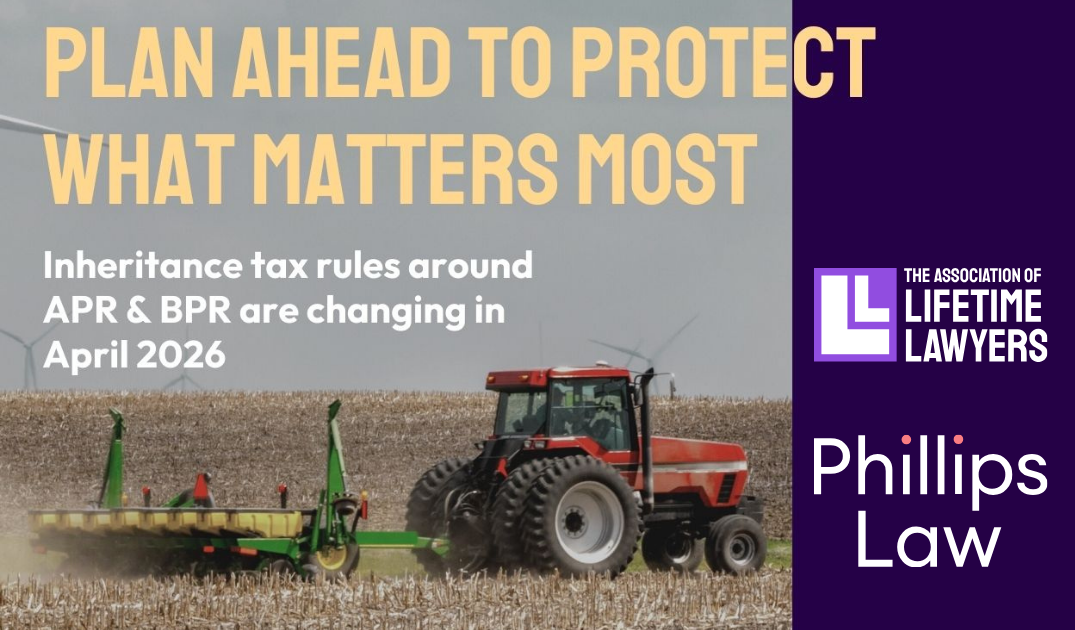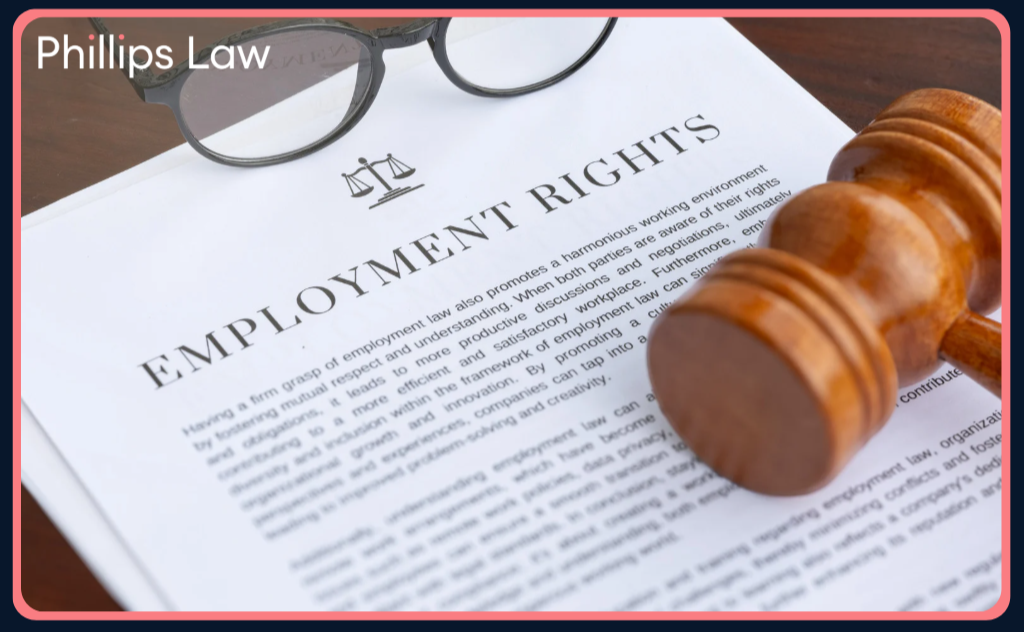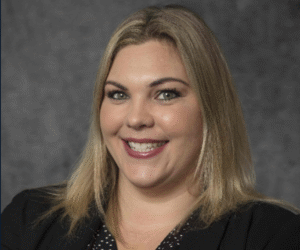
9 July 2025
Grandparents often play a vital role in the lives of their grandchildren, providing love, support, and stability. However, when families experience breakdown due to divorce, separation, or other disputes, grandparents may find themselves cut off from their grandchildren. Many people are surprised to learn that grandparents do not have an automatic legal right to see their grandchildren.
Despite this, there are legal avenues that grandparents can explore to maintain or regain contact. This article outlines the rights and legal options for grandparents, including where you could turn for support if you find yourself in this situation.
Unlike parents, grandparents do not have parental responsibility and there is no assumption that they should automatically be involved in their grandchildren’s lives however, the family courts do recognise the importance of grandparents, and they can apply for permission to request contact (known as a Child Arrangements Order) through the court system.
Resolving Issues Without Going to Court
Before applying to court, it’s advisable to try all possible alternatives:
Mediation
- Family mediation is encouraged as a first step.
- A mediator can help grandparents and parents reach an agreement about contact.
- It is cheaper, faster, and less adversarial than going to court.
- In most cases, attending a Mediation Information and Assessment Meeting (MIAM) is a legal requirement before making a court application.
Applying to Court: The Legal Process
If mediation fails or is not suitable, grandparents may apply to court for contact. The process has two key steps:
Step 1: Ask for Leave (Permission) to apply
Because grandparents do not have automatic rights, they must first ask the court for permission to apply for a Child Arrangements Order.
The court will consider:
- The grandparent’s connection with the child
- The nature of the application
- Whether the application might disrupt the child’s life in a harmful way
Step 2: Apply for a Child Arrangements Order
If permission is granted, grandparents can then apply for a Child Arrangements Order, requesting:
- Regular contact (in person, phone/video calls)
- In some cases, even residence (living with arrangements)
The court will base its decision on the best interests of the child, guided by the Welfare Checklist under Section 1 of the Children Act 1989.
What is the Welfare Checklist?
When deciding on contact arrangements, the court considers:
- The child’s wishes and feelings (depending on age and understanding)
- The physical, emotional, and educational needs of the child
- The likely effect on the child of changes in circumstances
- The capability of the adults involved to meet the child’s needs
- Any risk of harm to the child
Can Grandparents get a ‘Lives with’ for a child?
Yes, in some circumstances. If the child’s parents are unable to care for them, grandparents can apply for:
-
Child Arrangements Order (Lives with)
This would legally place the child with the grandparent, giving them parental responsibility.
-
Special Guardianship Order (SGO)
· A more permanent arrangement giving the grandparent enhanced parental responsibility while still maintaining the child’s legal relationship with their birth parents.
· In such cases, local authorities may be involved, and assessments will be required.
Conclusion
While grandparents do not have automatic rights to see their grandchildren in England and Wales, the law does offer a pathway to maintain those important relationships. Courts recognise the emotional and developmental value of grandparents and will support contact when it is in the child’s best interests.
The process may feel daunting, but with mediation, legal advice, and persistence, many grandparents are able to restore or preserve their relationship with their grandchildren.
If this is something you would like help with or you would like to discuss further, please contact one of our family solicitors on 01256 460830 or email [email protected].
Written by Kelly Geter, Solicitor in our Family Law Department.
Contact Us
Please call us or email and we’ll get back to you as soon as possible.

We are delighted to announce that Phillips Law is the regional sponsor of the Knight Frank Schools Triathlon, supporting both the Charterhouse and Marlborough events. The Schools Triath ...
More
What farming families and business owners need to know If you own a farm, land, or a family business, you will have undoubtedly heard that inheritance tax (IHT) rules are changing. Whil ...
More
We are about to see a great wave of Employment Law changes following the Employment Rights Act 2025 becoming law in December. We will use these updates to keep you abreast of the change ...
More
As we look back on a busy and notable January at Phillips Law, we wanted to share a round-up of recent milestones, insights, and community moments from across the firm. Phillips Law cel ...
More
A guide to share incentivisation for employers and an update on the new employment rights. We have created a morning of practical insight that focuses on how you can reward and retain y ...
More
We are proud to announce Victoria’s Promise as Phillips Law’s Charity of the Year for 2026. Victoria’s Promise is a local charity providing dedicated support to young women aged 25 to 5 ...
More
